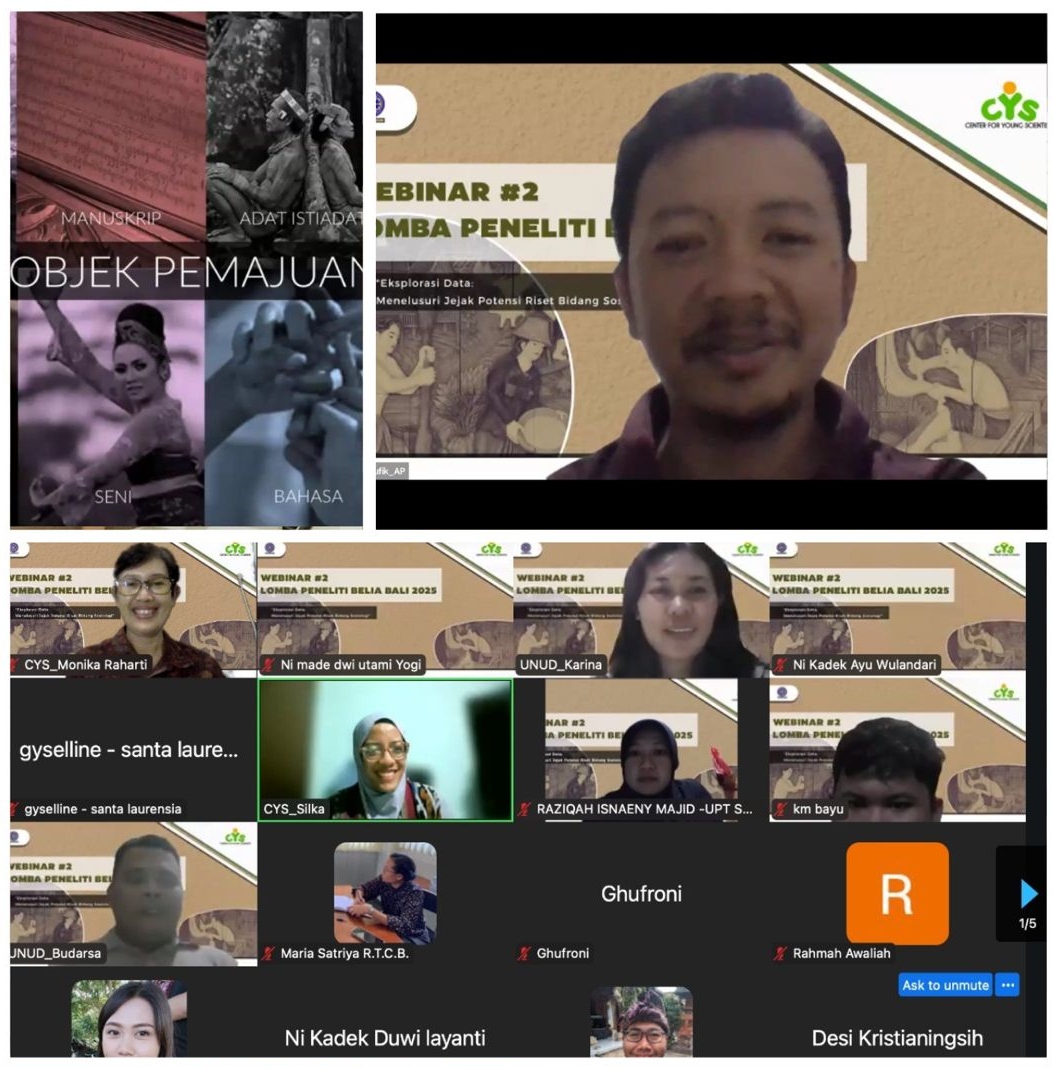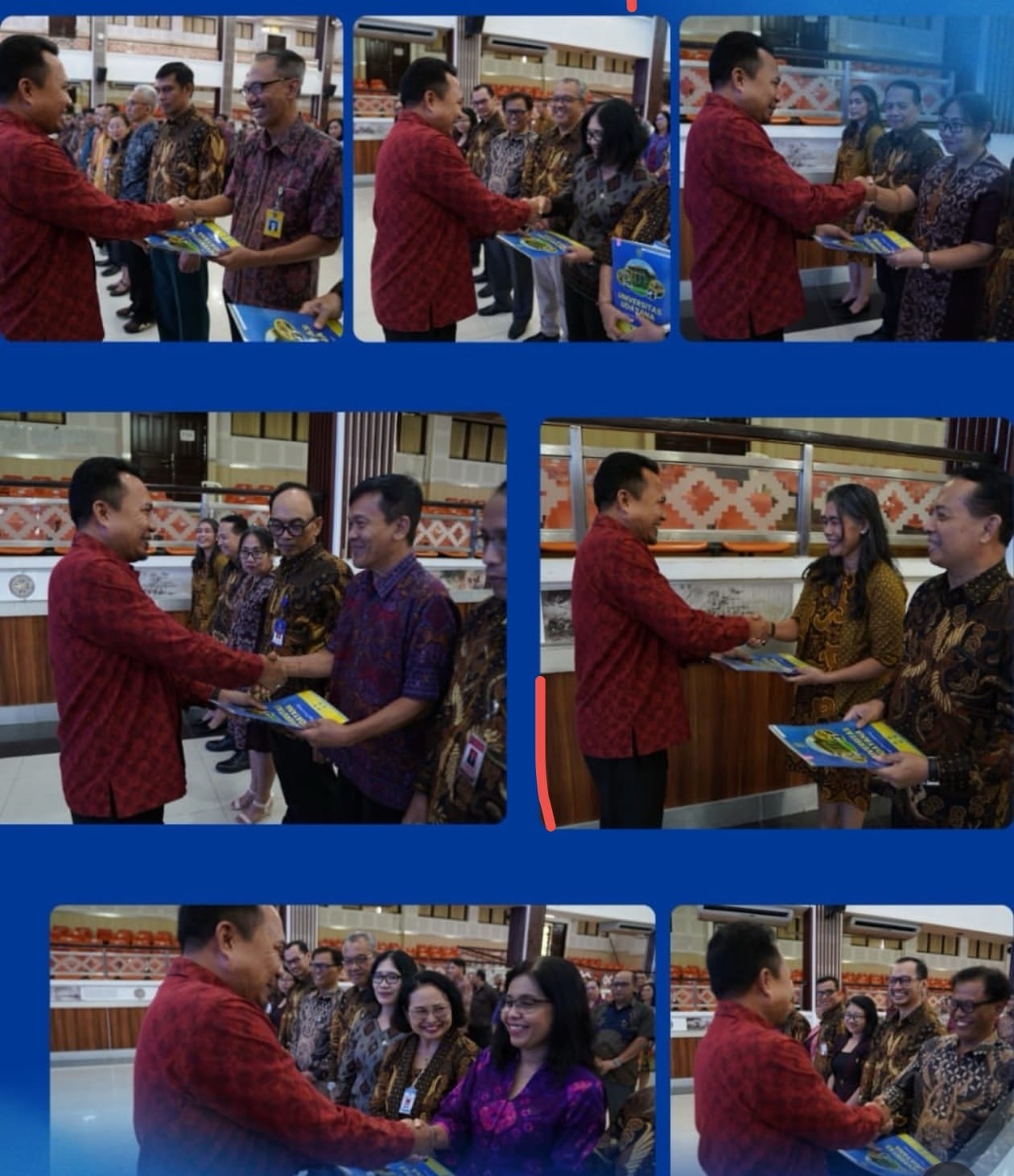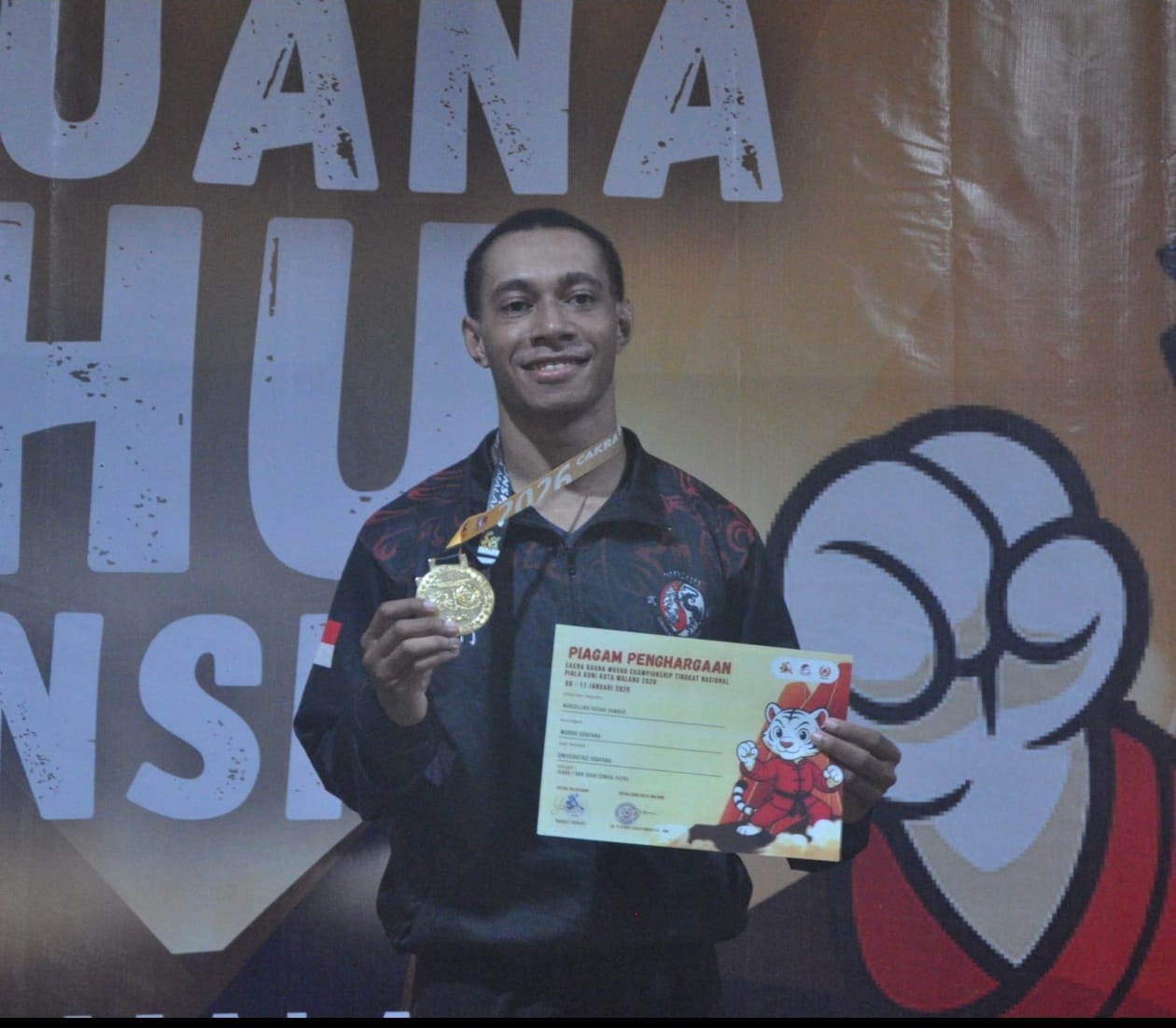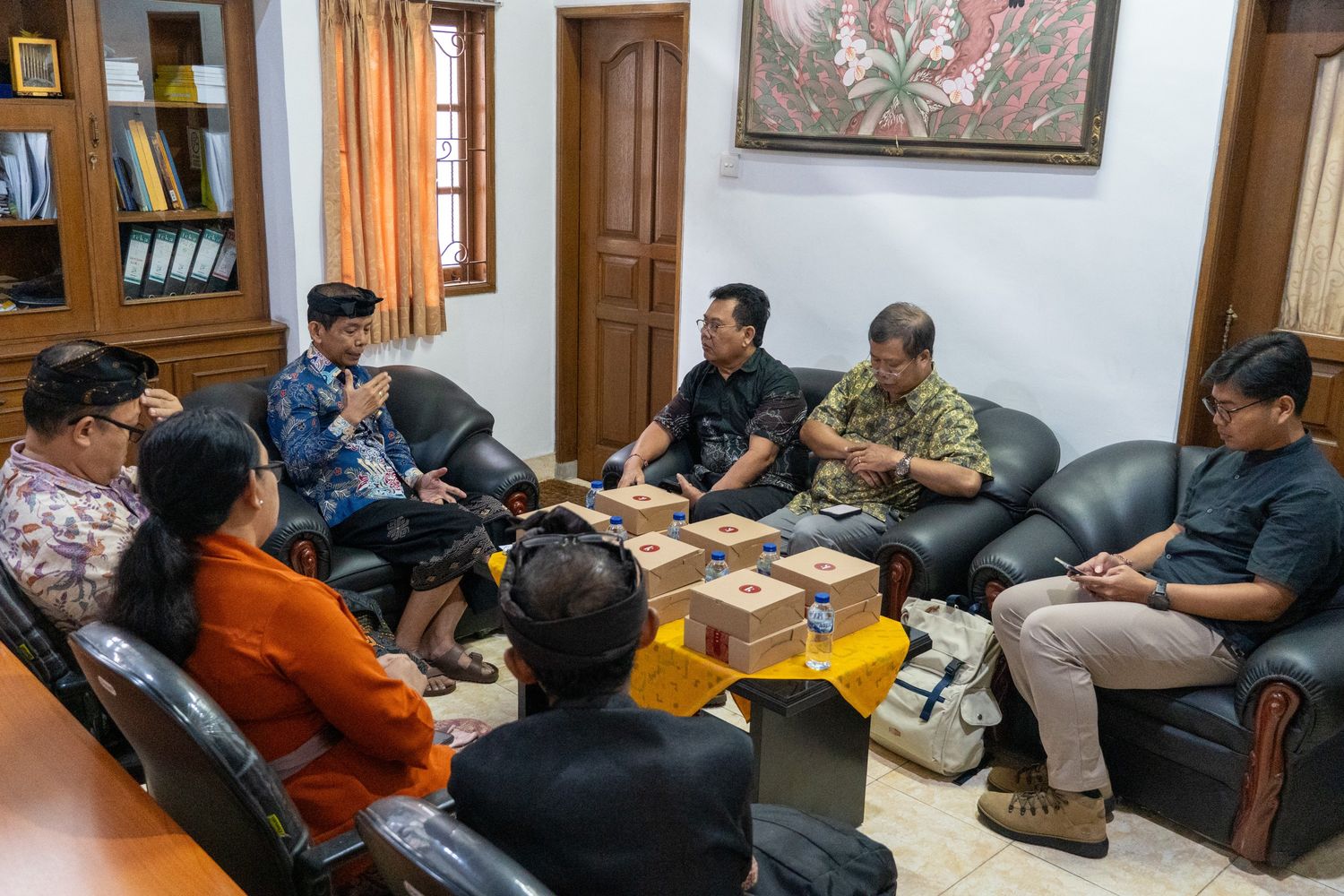Faculty of Humanities Udayana University Collaborates with Center for Young Scientists to Hold Sociology Research Data Exploration Webinar
The Faculty of Humanities, Udayana University (FIB Unud) through the Cultural Anthropology Study Program successfully held an inspiring Webinar activity entitled "Data Exploration: Tracing the Potential of Research in Sociology" on Thursday, June 5, 2025. The Webinar was held online via the Zoom platform which was open to the public and free of charge. The Webinar event is a series of preparations for the 2025 Bali Young Researchers Competition (LPB). LPB Bali 2025 is a competition open to junior high, high school, vocational high school, MA, and MTs students throughout Bali. This activity is a realization of cooperation between FIB Unud and the Center for Young Scientists (CYS), and is supported by the Bali Provincial Education, Youth, and Sports Office.
This webinar presents two speakers from academic circles at FIB Unud, namely Taufik Agus Purnomo, S.Pd., MA and Gede Budarsa, S.Sos., M.Sc. Both speakers are lecturers of the Cultural Anthropology Study Program, FIB Unud. The event was moderated by Putu Karina Pravitasari, S.Sos., M.Si., who is also a lecturer of the Cultural Anthropology Study Program, FIB Unud. The first speaker, Taufik Agus Purnomo, explained four important components in social research methods: approaches, research, data collection methods, and data analysis. Meanwhile, Gede Budarsa, conveyed the importance of sensitivity to regional, national, and global issues in determining socio-cultural research topics, and the relevance of the topic is the key to research having a real contribution to society, industry, and stakeholders.
After the presentation session, the webinar continued with a discussion session. One of the participants, Andika Ari Pratama raised the issue of discussion regarding narrowing down the theme in research on cultural sites and tourism potential. In response to this, Budarsa suggested conducting initial observations directly in the field and using the 4A analysis (attractions, accessibility, amenities, and ancillary services). He also emphasized that the sociological and anthropological approaches include narrative and cultural dimensions, not just the physical aspects of the site. The way to narrow down the theme is to conduct initial observations and assessments directly in the field. It does not always have to be based on previous documents or archives.
Budarsa further said, “For example, if we want to do a research in cultural sites, we could possibly explore myths, local stories, or traditional knowledge of the surrounding community as a starting point for research. From there, we can assess whether the site has the potential to be developed as a tourist destination, for example through the 4A analysis”. Meanwhile, Taufik added that the sociological and anthropological approaches are not only limited to looking at the physical site, but also include the social and cultural dimensions of the community. Sociology and anthropology do not only talk about physical sites, but also the narratives and meanings attached to them. Local stories, myths, and cultural values can be important capital in developing tourism potential based on local wisdom.
In the second session, the discussion became more interesting with questions from participant, Gyselline who touched on the importance of selecting data types in comparative cultural research. The speakers explained that cultural comparisons can be done using primary or secondary data, but in general secondary data is more often used because it is more efficient. In addition, the opportunity to combine sociological and historical approaches in interdisciplinary research that examines humans from a cross-temporal and social perspective was also discussed. Closing the session, the speakers shared tips on increasing interest in scientific literacy by utilizing social media content as a trigger for curiosity to explore deeper and more comprehensive academic literature sources.
The event was solemnly closed through a closing statement by Aliffiati, SS, M.Sc., as the Coordinator of the Cultural Anthropology Study Program, Faculty of Humanities, Udayana University, by expressing gratitude for the implementation of the collaborative activities that are expected to have an "Impact" on the sustainability of the sustainable research cycle. Then continued by Monika Raharti, Ph.D., as the Director of the Center for Young Scientists (CYS) who also provided further information regarding the development of the plan to implement the 2025 Bali Young Researchers Competition, which will be scheduled to take place offline next month.




UDAYANA UNIVERSITY